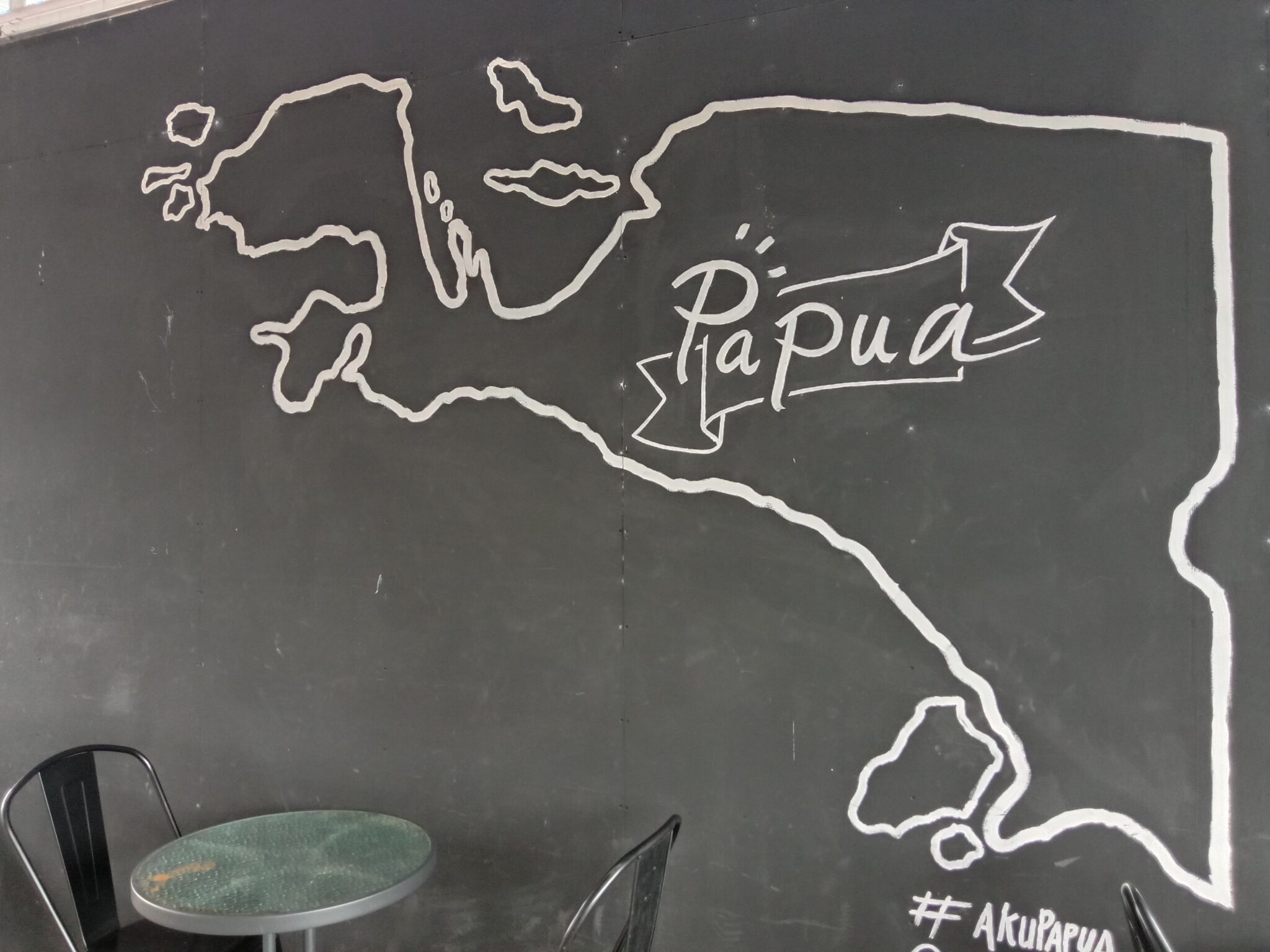Jayapura, Jubi – Chairperson of the Papua AIDS Control Commission (KPA Papua) Anton Mote said as of September 2022 there were 50,011 HIV/AIDS cases in Papua, consisting of 20,441 HIV-positive cases and 29,570 AIDS cases. Mote said the commission continued to accelerate efforts to prevent and control HIV/AIDS in Papua.
Mote explained that tens of thousands of people with HIV/AIDS were spread across various regencies and cities in Papua Province. Data from the Papua Health Office shows that the highest number of HIV/AIDS cases was found in the Nabire Regency of 9,189 cases.
HIV/AIDS cases are also found in Jayapura City (7,761), Jayawijaya Regency (6,867), Mimika Regency (6,824), Jayapura Regency (4,347), Biak Numfor Regency (2,722), and Merauke Regency (2,688). There are also HIV/AIDS cases in Paniai Regency (2,111), Yapen Islands Regency (1,611), and Tolikara Regency (1,130).
Lanny Jaya Regency has 839 HIV/AIDS cases, while in Bintang Mountains Regency there are 825 cases, followed by Puncak Jaya Regency with 668 cases. The number of HIV/AIDS cases in Dogiyai Regency amounted to 484 while Keerom Regency has 398 cases.
HIV/AIDS cases were also found in Asmat Regency (313), Mappi Regency (232), Boven Digoel Regency (210), Waropen Regency (200), Deiyai Regency (114), Supiori Regency (105), Sarmi Regency (99), Central Mamberamo Regency (84), Yalimo Regency (76), Puncak Regency (61), Yahukimo Regency (22), Mamberamo Raya Regency (16), and Intan Jaya Regency (14). The regency with the least number of HIV/AIDS is Nduga with only one case recorded.
“The number of HIV/AIDS patients recorded in Papua Province does not reflect the real number on the ground as the people are still lacking awareness to check themselves for fear of being stigmatized and ostracized by the community,” Mote said in a written statement received by Jubi on Thursday, December 1, 2022.
Mote said KPA Papua continued to encourage government agencies and the Papua Legislative Council (DPRD) to pay attention to HIV/AIDS issues in Papua. KPA Papua also conducts training and counseling for teenagers, as well as media dissemination in order to introduce and understand more about HIV/AIDS.
KPA Papua also reaches out to individuals or groups that are difficult to counsel. The has conducted various activities in encouraging relevant stakeholders in the implementation of HIV/AIDS prevention programs both by government agencies, the private sector, NGOs, HIV/AIDS care groups and key population networks.
“However, we are still lacking coordination that prevention efforts are not optimal and slower than the HIV/AIDS transmission,” he said. (*)













